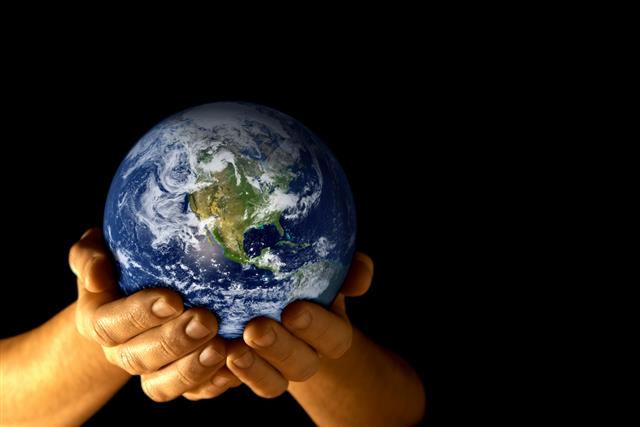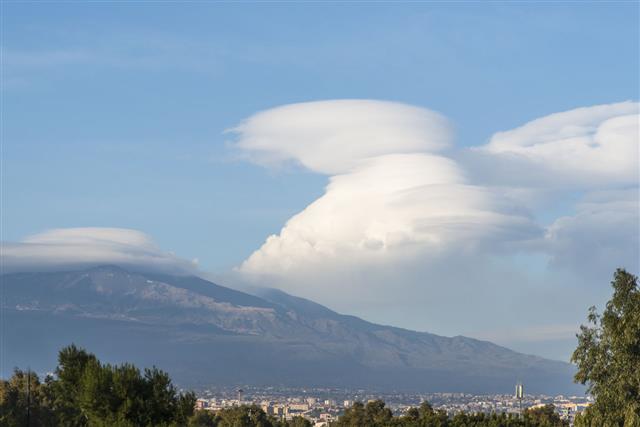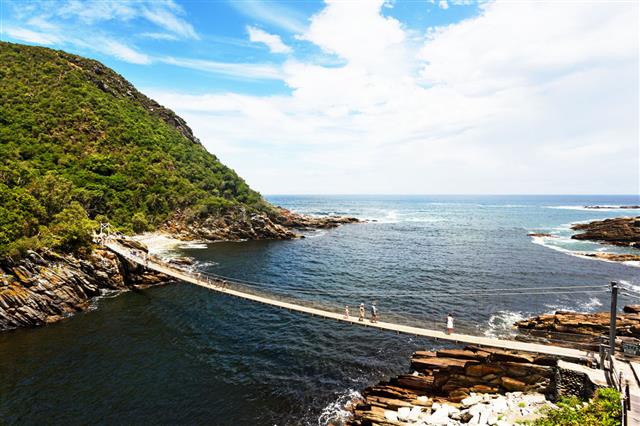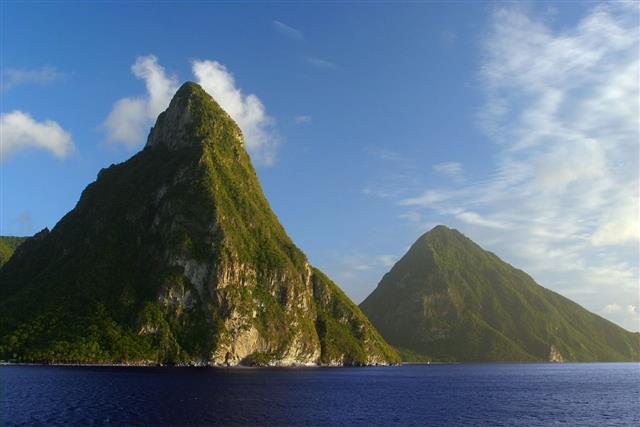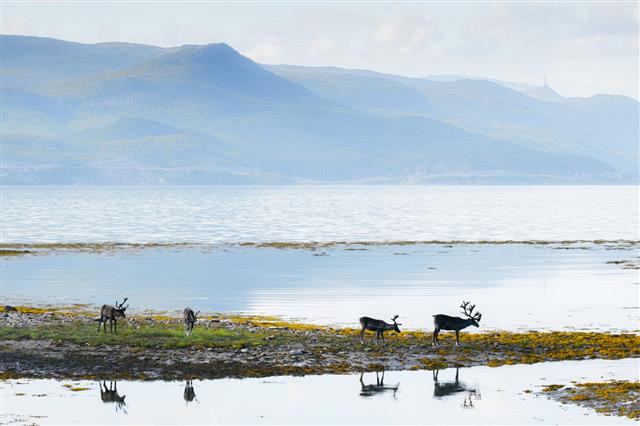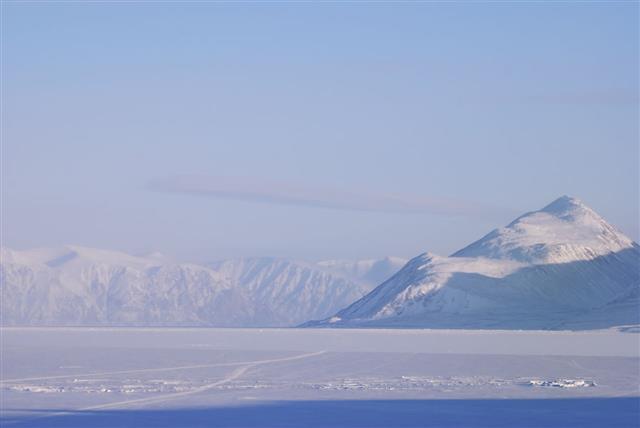
The Mediterranean Sea is the largest inland sea in the world. While that’s pretty fascinating in itself, there are many more facts about this water body that make it one of the most interesting natural wonders of the planet.
If the Mediterranean basin is considered a biodiversity hotspot today, the Mediterranean Sea has a crucial role to play in making it one.
The Mediterranean Sea is an inland sea in the middle of the Mediterranean region, which is partially connected to the Atlantic Ocean and therefore, associated with it. This water body is virtually landlocked by three continents – Europe, Africa, and Asia.
Characterized by its deep blue color, the Mediterranean Sea has been a subject of fascination for mankind for ages, and yet, some of the most interesting facts about it continue to elude us. For instance, how many people know that the Mediterranean Sea is home to numerous species of whales, including the fin whale, which happens to be the second largest whale in the world and also the fastest in the family?
Interesting Facts about the Mediterranean Sea
The Mediterranean Sea was formed along with the Mediterranean region, which came into existence as a result of tectonic activity when the African and Eurasian plates collided and broke. The Sea has been witness to some of the oldest civilizations in the world; the Aegean civilization being the best example of the same. All throughout history, it has served as an important travel route to the Atlantic.
Etymology
The Sea derives its name from the Latin word ‘mediterraneus’, meaning ‘inland’ or ‘in the middle of the Earth’. The word can be broken up into two words – ‘medius’, meaning ‘middle’ and ‘terra’, meaning the ‘Earth’. If the historical records are to go by, the sea was named thus by the Romans who thought that it was in the middle of the Earth.
Size
The Mediterranean Sea covers an area of around 965,000 sq miles (2.5 million sq km). It has an average depth of 1,500 meters. The deepest point of the Mediterranean Sea is the Calypso Deep in the Ionian Sea, with a depth of 5,267 meters. It is half the size of the Challenger Deep in the Mariana Trench (Pacific Ocean), which is considered the deepest point of the Earth; that in itself is quite an achievement for a landlocked sea.

The Mediterranean Sea is largely landlocked, except for the stretch of around 9 miles in the west where it is connected to the Atlantic Ocean by the Strait of Gibraltar. Similarly, it meets the Sea of Marmara and the Black Sea in the east, and is connected to the Red Sea by the Suez Canal in the southeast.
Islands
The Mediterranean Sea is home to some of the major islands in the world, such as Cyprus and Rhodes in the eastern Mediterranean, Sicily and Malta in the central Mediterranean, and Ibiza and Majorca in the western Mediterranean. Interestingly, at least nine of the islands in this sea have a geographical expanse in excess of 500 sq mi.
Coastline
The Mediterranean Sea has a coastline that runs for approximately 28,600 miles, through several countries of Europe, Africa, and Asia. Some of the major nations lying along the coast of this water body include France, Spain, Croatia, Italy, Egypt, Greece, Turkey, Israel, Algeria, Morocco, and Cyprus.
The Mediterranean Sea also has some of the most beautiful beaches of Europe, such as the Capriccioli Beach (Costa Smeralda), Cala d’Hort (Ibiza), and Navagio beach (Zakynthos) to its credit.
Division
The water body is divided into two subregions by the Strait of Sicily, a shallow submarine ridge located between Sicily and Tunisia. These subregions are – the Western Mediterranean, spanning an area of 0.33 million sq mi, and the Eastern Mediterranean, spanning an area of 0.64 million sq mi. Each of these subregions is further divided into several smaller regions.
Notable Features
Being a landlocked sea, the Mediterranean Sea is definitely a unique component of the Earth. Characteristics of a normal sea are rarely seen here. The tides in this sea are not as prominent as the tides seen in other places. The climate of this region is affected by the landlocked nature of this water body. The climate prevailing in the Mediterranean region is known as the Mediterranean climate, which is a subtype of the subtropical climate; mostly wet, with cold winters and hot summers.
Biodiversity
The Mediterranean Sea is also known for its unique ecosystem and high levels of endemism. It has more endemic species than the neighboring Atlantic Ocean. If estimates are to be believed, around 20-30 percent of the species found in the Mediterranean Sea are endemic to it, i.e., they are not found anywhere else but in this water body.
Other than the Mediterranean monk seal, the Mediterranean Sea is also home to fin whales, sperm whales, bottlenose dolphins, short-beaked common dolphins, tuna, common seahorse, etc. Additionally, the Mediterranean Sea basin also acts as a breeding site for species like the loggerhead turtle and green turtle, and a stopover site for migratory birds passing through this region.
The fact that it is landlocked makes the Mediterranean Sea pretty unique, but it also adds to its woes. With no escape route, anything dumped into this water body stays in it for years together; a simple fact that people don’t seem to realize. According to the United Nations Environment Programme (UNEP) 80 percent of the pollution of the Mediterranean Sea is attributed to land-based activities. Alongside these land-based activities, the Sea is also threatened by overfishing and marine transport.
Several ancient civilizations were raised on the coast of the Mediterranean Sea; the archaeological remains found at the seabed make it all the more obvious. There is no questioning the fact that this water body has had a major influence on the history of this region. Even today it has a strong influence on various aspects of the lives of more than 400 million people inhabiting the Mediterranean region. If something has changed, it’s our attitude. We seem to have forgotten how we are supposed to treat a sea which is testimony to human history, which forms the backbone of a unique ecosystem, and more importantly, supports millions of lives.
